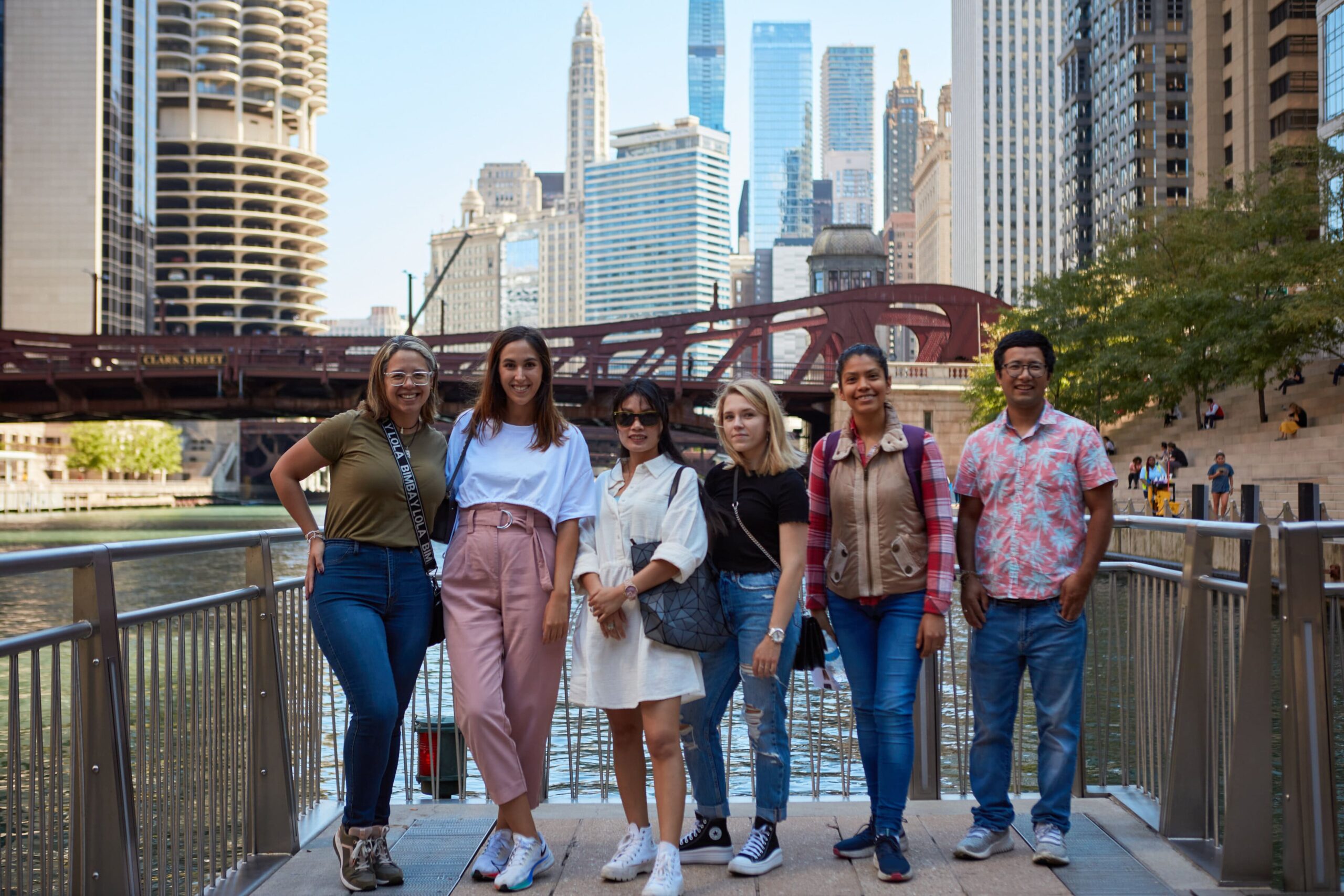- About
- Programs
- ALLIED HEALTH
- AAS in Diagnostic Medical Imaging Radiography
- AAS in Diagnostic Medical Sonography
- AAS in Magnetic Resonance Imaging (MRI) Technology
- AAS in Non-Invasive Cardiovascular Sonography
- AAS in Surgical Technology
- Clinical Medical Assisting
- Dental Assisting
- Electroneurodiagnostic (END) Technologist
- Medical Assisting
- Phlebotomy Technician
- Sterile Processing
- BUSINESS & INFORMATION TECHNOLOGY
- ENGLISH AS A SECOND LANGUAGE
- ALLIED HEALTH
- Admissions
- International
- Ohio Branch
- Careers
- News & Events
- Student Portal


